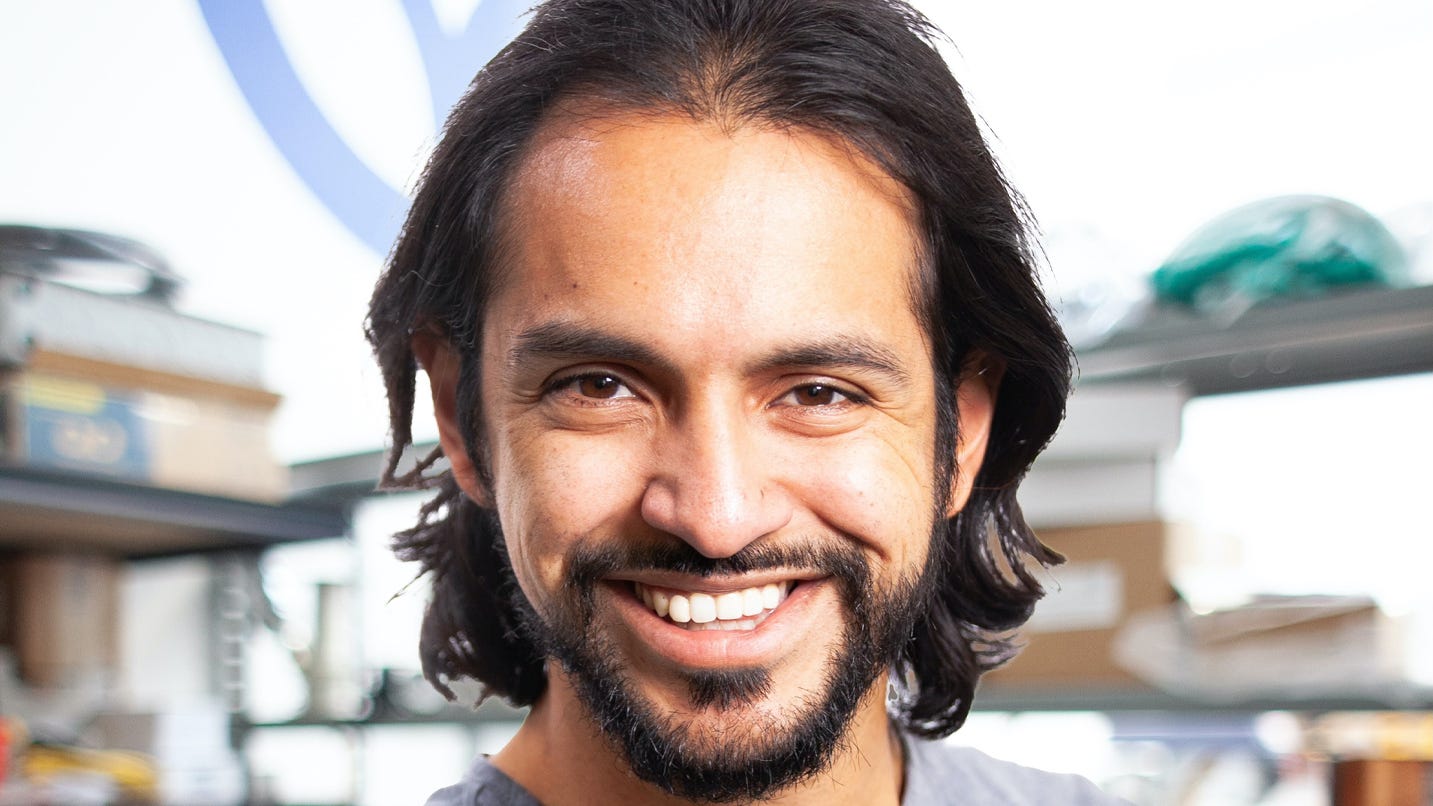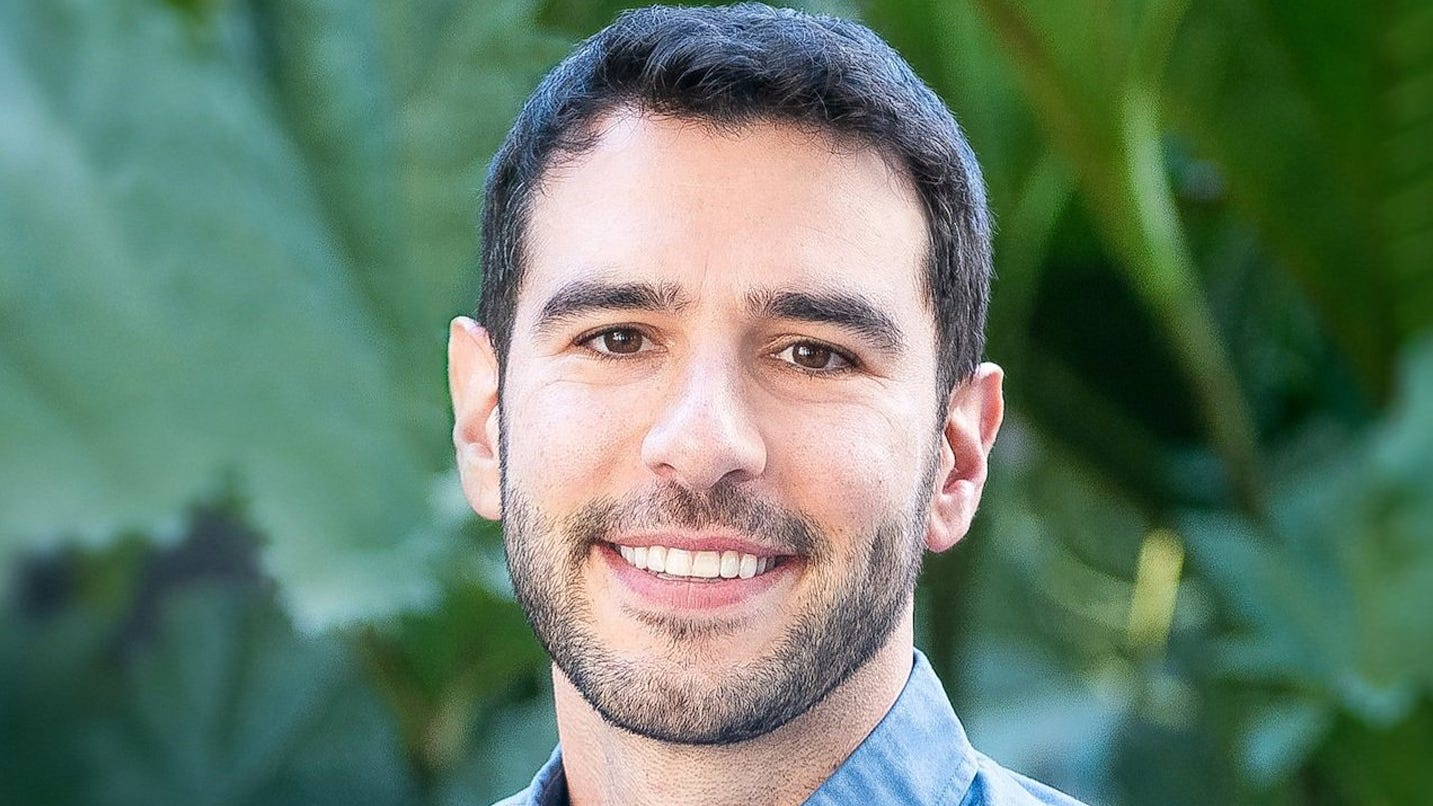MCJ Collective LP Report (H1 2023)
In the spirit of transparency, we are publishing as much of the contents of our quarterly letter to our Limited Partners as allowable from a confidentiality standpoint. Here is our full public report from H1 2023 and of course you may always view our publicly announced MCJ Collective investments on our portfolio page. We hope you enjoy the insights herein.
Greetings and welcome to the first quarterly LP letter for MCJ 2023. We plan to use this letter to share context on what we are seeing and feeling in the broad realm of climate tech. In this edition, given the challenging macroeconomic environment, we are sharing our perspective on the importance of founder resilience and how we’re seeing it manifest in climate tech.
On Founder Resilience
It’s no surprise that the venture space is markedly different in June 2023 than it was in October 2020 when MCJ began investing.
According to an analysis by CTVC, venture investment at large declined by 53% YoY in Q1 2023 and, following a similar trend, investment in climate tech fell in H1 2023 by 40% YoY. Gone are the days when a founder could potentially overlook issues in their business by racing toward their next oversubscribed fundraise. Proper company building is more essential than ever.
We consider multiple factors when evaluating prospective investments, including market size, industry tailwinds and headwinds, product development execution, sales traction, evidence of product-market fit, and capital efficiency indicators. While these are all important, the standout element we discuss in depth is the quality of a company’s founders. To us, team strength has less to do with pedigree on paper and more with how founders conduct themselves as they operate. This is magnified in climate tech, because nearly every industry will experience fundamental change as they move to decarbonize. And the global economic slowdown exacerbates the situation, putting an over-indexed focus on short-term cost benefits for all purchases, despite the recognized existential threat of climate change.
Against this backdrop, we want to spotlight a few of our founders who are deftly navigating the turbulent currents with remarkable skill and poise. These individuals are pursuing some of the most important initiatives in the world today and are making nuanced and complex choices daily – decisions that have butterfly effects that then ripple throughout their companies, industries and ultimately affect what our decarbonized future will look like a decade or more from now.
Josh Santos is the CEO & Co-Founder of Noya. MCJ originally invested in Noya’s seed round in March 2021. At that time the company was developing modular direct air capture components for industrial cooling towers, furthering decarbonization of heavy industry and the built environment. As Josh dove into the economies of scale required to achieve distributed direct air capture, the policy landscape around him quickly changed, changing his unit economics along with it. The Bipartisan Infrastructure Law and the Inflation Reduction Act funded $3.5Bn for a US Direct Air Capture (DAC) Hubs program to scale up direct air capture and introduced a $180/ton federal tax credit for every ton of CO2 sequestered via DAC. Josh recognized that his modular approach could be applied to quickly scale centralized DAC facilities to secure these policy benefits. He secured a pilot sequestration project site, developed a plan for US deployment, and subsequently closed a Series A round, co-led by USV and Collaborative Fund, in which MCJ 2023 invested. Josh’s recognition of market realities and ability to quickly and substantially shift his go-to-market strategy and deployment path all within one funding cycle demonstrates the type of intellectual honesty, creativity, and grit required to succeed in today’s market.
Adam Braun is the CEO and Co-Founder of Climate Club. MCJ has twice invested in Climate Club, first at Pre-Seed in December 2021 and again at Seed in July 2022. Climate Club aims to activate corporate employees to do more on climate. They originally positioned themselves as a corporate benefits solution companies could offer to their employees to help them decarbonize their lives – via home electrification perks, climate-friendly investment options, climate learning/education and more. At Pre-Seed, Climate Club was little more than an idea and a strong early team. By Seed stage, Adam recognized that targeting People Operations was not a sustainable business strategy due to their limited spending capacity - a condition especially evident during an economic downturn. However, he unearthed a promising opportunity with Chief Sustainability Officers and their teams. They needed help road-mapping and tracking progress against the various projects that business units across their companies were pursuing, which collectively fed into their companies’ top-level public Net-Zero Pledge.
The Climate Club team quickly developed a software platform for operationalizing and project-managing corporate net-zero initiatives and announced global partnerships with Bain and Meta. Adam and Climate Club’s tenacity demonstrates how great founders can creatively adapt their product to find a market while staying true to their core mission.
Hannah Sieber is the CEO and Co-Founder of Artyc. MCJ originally invested in Artyc’s Seed round in April 2022. Artyc’s mission is to decarbonize the cold chain, and the product they pitched at Seed was an enterprise-grade suite of battery-powered coolers for shipping pharmaceuticals, food, and other products that require precise temperature control during transport. At the time of our initial investment, Artyc’s products were little more than napkin drawings; our commitment was based largely on the size of the cold chain market and the strength of Hannah’s track record having previously co-founded EcoFlow, a growth-stage company in a related market. In one year’s time, Hannah and team signed their first customer in the pharmaceutical space (via an intro from MCJ), co-developed their initial product with them, pre-sold dozens of units, developed and manufactured these units, and delivered the first shipment. In parallel, they developed a roadmap for the next two products in their suite and laid out plans for their hardware-as-a-service model and a logistics software package. They did all of this in an extremely cash efficient manner with ~$2M of their $3M seed round still in the bank. Sometimes founder resiliency shows up as relentless execution, and we believe Hannah embodies this as well as any founder we have encountered.
Of course, assessing founder resiliency prior to investing is more art than science. We don’t always get these things right, but in this market, we know that resilience is proving to be more critical than ever.
What Else Is On Our Minds
First of a Kind (FOAK) project finance – it’s become clear that perhaps the biggest funding gap in climate tech is what’s called First of a Kind (FOAK) financing. The ability to secure this type of financing is often a requirement for Process or Infrastructure types of companies in our orbit, particularly as they advance from Series A to Series B. FOAK is a form of project finance, meaning it isn’t used to purchase ownership in a corporate entity, but rather is debt financing for an individual facility or plant, with the economics accruing to that project directly. But the first-of-a-kind nature of these projects usually means that risk models are much harder to assess due to lack of performance track record and inherent technology and market risk - which often make them infeasible for traditional lenders. In today’s interest rate environment, we’re seeing more and more family offices and traditional clean tech financiers consider how they might explore FOAK. We don’t have answers or recommendations yet, but we know this is an area in the climate tech finance stack that needs to continue to mature.
We recently surveyed our portfolio and the broader market via social media on FOAK financing needs and received more than 35 credible responses with project financing needs ranging from a few million dollars to $100M+. Stay tuned as we are noodling on organizing an event around the topic this fall.
Labor transition – We continue to see a tidal wave of talent flooding into climate tech. This is partially driven by layoffs in big tech over the last year, but it’s not isolated to software skillsets. We are seeing hardware engineers, product managers, marketers, operators, salespeople, and skilled tradespeople entering the space in droves. The My Climate Journey podcast and the MCJ member community continue to be one of a handful of key front doors as people embark on their climate journeys. And we follow talent flow signals when we make investments – the sectors, problem areas, and individual companies that are attracting talent make for invaluable investment insights. There’s clearly a larger role that MCJ could play in this space, but to date, we’ve continued to allow it to evolve organically inside the MCJ Slack and through specific requests from our portfolio companies.
Convening – Over the last month, the MCJ partnership visited Boston, New York, and Houston. We held sizable community meet-ups in each city, met with portfolio founders, and had dinner events with a handful of current and prospective LPs and key ecosystem leaders. It was energizing and incredibly productive. MCJ was started almost wholly as a remote partnership. This has obvious emissions benefits, and it also fits well with the type of firm we want to build – one where sustainability pulls through not just from an environmental perspective but also from a self-care perspective. With that said, nothing beats meeting people face-to-face. Our thanks to the many of you with whom we had a chance to connect — we look forward to more opportunities in the future!
New Capital Series on the Podcast
We’ve now published 11 episodes of the Capital Series and have many others in the queue. In fact, we’ve already scheduled episodes through the end of the year! Thus far, we’ve recorded with a mix of GPs (venture capital, project finance, private equity) and LPs (fund-of-funds, family offices, multi-family offices, strategics) in the U.S. and Europe and are just getting warmed up.
This new series provides a unique opportunity to engage and learn from a crucial set of stakeholders while building new relationships that will benefit the entire community.
An Update on Fundraising and Investments
It has been five months since first close and we’re happy to share that with our pending close on July 19, our fund should be well over halfway to target. We are planning to hold the final close in Q4. To date we have made six investments from MCJ 2023 — five of which are follow-ons to portfolio companies from our Fund I Family.
With gratitude,
Jason, Thai, Yin, Cody, and David
*Originally published on MCJCollective.com






